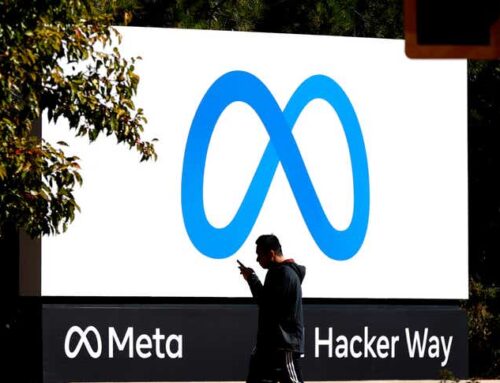Nebraska lawmakers consider banning or regulating synthetic cannabis
April 28, 2025
An increase in Delta-8 retailers across Nebraska has the attention of many state senators. Some hope to ban most synthetic cannabis products, while others would rather regulate the industry.
Cannabis shops started appearing in Nebraska after the 2018 federal farm bill legalized hemp-derived CBD, products and cannabis products with a THC content not exceeding 0.3% of its dry weight.
Tetrahydrocannabinol, better known as THC, is the primary component of marijuana which causes someone to get high, while CBD, short for cannibidiol, has been found to reduce anxiety and relieve pain without the intoxicating effects.
Nebraska’s state law currently mirrors the federal law after the passage of the 2019 Hemp Farming Act.
But Sen. Kathleen Kauth said retailers have taken advantage of loopholes in those regulations in recent years to sell more concentrated marijuana products, leading her to introduce her own bill this session.
“The need for this legislation is an insult to this body. Taking a statute meant to establish hemp farming and twisting it to peddle dirty synthetic products that harm Nebraskans was certainly not contemplated when my former colleagues passed the Hemp Farming Act,” she said.
Under her legislation, LB316, products with THC that is greater than or equal to 0.3% of its total weight or contains more than 10 milligrams total per package are not legal. After a safe harbor period until the end of the year, people possessing or selling such products could be charged with a felony. The bill also includes a 10% excise tax on cannabidiol products that remain legal.
Sen. John Cavanaugh introduced an amendment that would replace Kauth’s bill with a bill of his own. His legislation would also enact an excise tax, but it would not ban any currently legal products. It also regulates the industry by requiring special business licenses to sell cannabis-derived products and requires age verification notices.
“We have good, legitimate business people who are attempting to follow the law, if we can give them laws to follow, to provide a product to the community that the community wants, that they will make safe,” he said. “They will make sure that that is not available to young people. They will make sure that they are paying their taxes and are legitimate.”
Cavanaugh cited the 2023 National Cannabinoid Report which found that the hemp-derived cannabinoid industry employs more than 1,600 people in Nebraska, with tax revenue potential of over $7.7 million for the state.
Given the state’s budget deficit of more than $300 million over the next biennium, Cavanaugh and other supporters said that regulating and taxing the industry is a better fiscal approach than banning certain products outright.
But Sen. Brian Hardin said Kauth’s bill would also keep the Delta-8 industry alive in Nebraska.
“By demanding better record keeping and transparency from retailers, we strengthen our ability to oversee this growing market without crushing it,” he said.
And Sen. Jared Storm, who made Kauth’s bill his priority legislation for the session, said the safety risks of the product outweigh any potential for state income.
“I’ll never put the health and safety of our citizens of this state, especially children and young adults, for revenue,” he said. “And I think that’s vitally important that we focus on that. This is not a safe product.”
Proponents of Kauth’s bill shared stories throughout the day of young people overdosing on Delta-8 products and called out a lack of oversight.
But supporters of Cavanaugh’s approach said people also make bad decisions with alcohol and cigarettes, but banning those substances isn’t the right move either.
Neither bill deals directly with medical marijuana, which is a naturally occurring substance, but some senators said the ballots cast in November to legalize it show how most Nebraskans feel about cannabis products.
Sen. George Dungan was among those who said Kauth’s proposal would indirectly undermine the will of the voters.
“It’s a step that I think the voters have made very clear is not the direction that they want to go in, and it’s a step that I think puts us out of step with the general trend with which Nebraskans are going in on this issue,” he said.
And Sen. Wendy DeBoer said the Kauth bill could turn unsuspecting Nebraskans into criminals through their possession of certain products.
“What happens to all the grannies who have some kind of CBD with Delta 8 in it, in the back of their medicine cabinet?” she asked.
The debate was ongoing as of Monday afternoon, with a vote on both the amendment and the bill expected just before 8 p.m.
New economic forecast tightens state’s budget squeeze
State budget advances amid continued uncertainty
SNAP benefits extension advances, mobile sports betting stalls in Legislature
Bill defining ‘male’ and ‘female’ for sports, locker rooms and restrooms advances in Unicameral
Teachers’ pension change advances, medical marijuana stuck in committee
Legislators debate penalties for assaulting hospital workers, tax credits for defense contractors
Senators discuss tougher penalties for assaults on hospital workers
Unicameral advances bill requiring cremation or burial of remains from elective abortions
Search
RECENT PRESS RELEASES
Related Post




